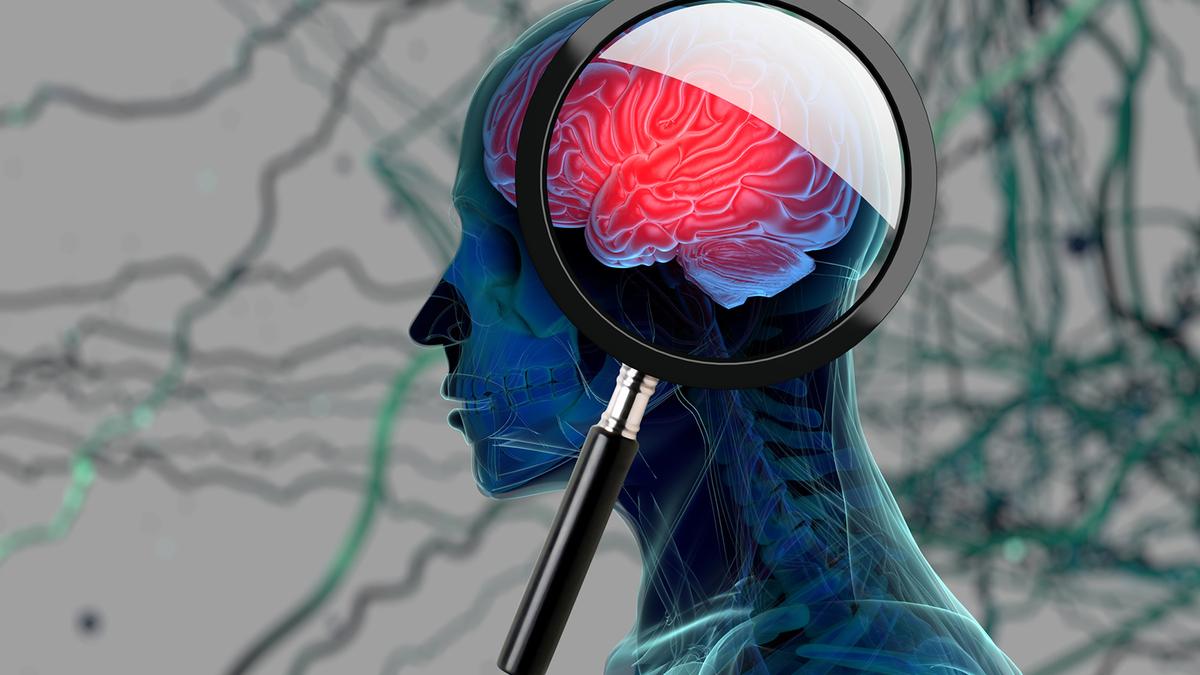Now Reading: JNCASR Research Offers Hope for Alzheimer’s Cure
-
01
JNCASR Research Offers Hope for Alzheimer’s Cure
JNCASR Research Offers Hope for Alzheimer’s Cure

Fast summary
- Researchers at the Jawaharlal Nehru Centre for Advanced Scientific Research (JNCASR) have developed promising therapeutic insights into Alzheimer’s disease (AD).
- AD constitutes 70-80% of dementia cases and is the fifth leading cause of death, characterized by cognitive deficits, memory loss, and protein clumps in the brain.
- Currently available treatments provide limited relief, with few therapeutic options or recently approved antibody-based drugs offering temporary benefits.
- The study focuses on less-understood microRNAs (miRNAs) in Alzheimer’s development and their potential as biomarkers for early diagnosis.
- Using a double transgenic AD mouse model, researchers identified altered miRNAs contributing to neuroinflammation and ferroptosis via targeting Klf4 signaling pathways.
- The natural compound Honokiol from Magnolia tree bark was highlighted as an effective mediator using miRNA-based therapy to alleviate inflammation and neuronal damage associated with Alzheimer’s progression.
Indian Opinion Analysis
The findings from JNCASR represent a critical stride toward combating Alzheimer’s disease through innovative approaches involving RNA-targeted therapies. By identifying specific miRNAs like miR-7a that regulate neuroinflammation and ferroptosis pathways, researchers offer compelling evidence pointing toward more precise diagnostics and potentially curative interventions. While initial results highlight Honokiol’s promising therapeutic role in modulating these pathways effectively within mouse models, further exploration is necessary before translating this research into human trials or widely-accessible treatments.
for India specifically-where dementia-related conditions like AD contribute significantly to public health burdens-the study marks progress not just scientifically but also economically. A potential domestically-originated treatment could reduce reliance on expensive global therapeutics already present in limited capacities. This research highlights India’s growing capability to lead advancements addressing global diseases within cooperative frameworks across scientific institutions.
Read more: Link























